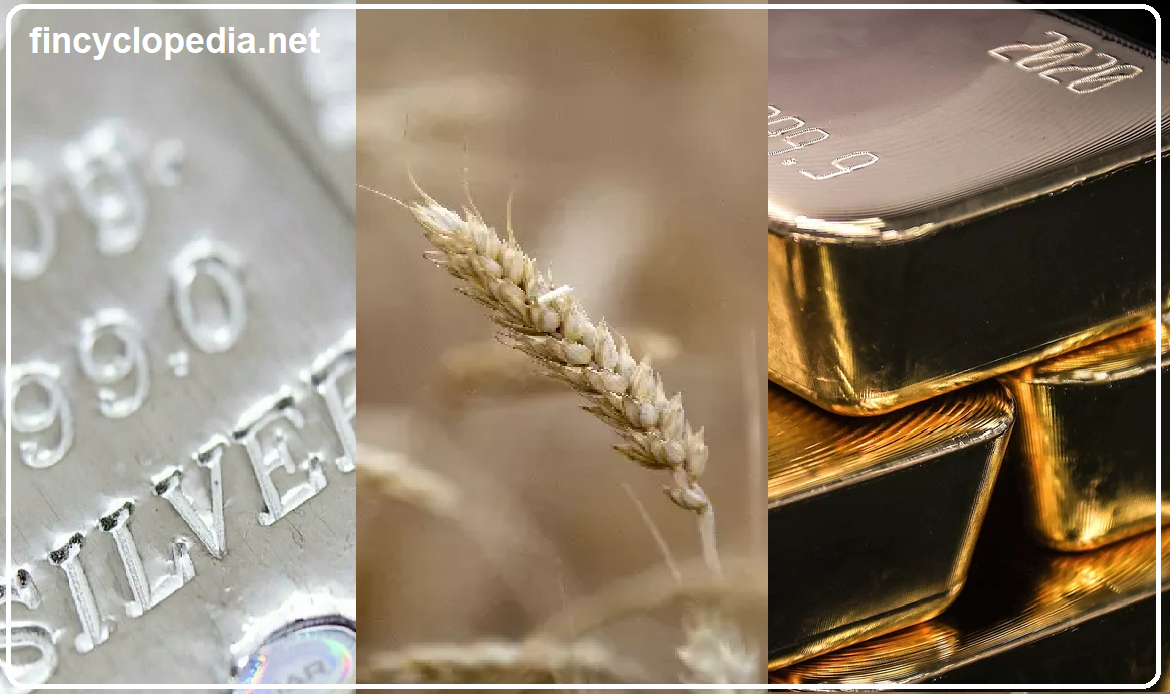Arabic (شبهات) for anything that resembles the truth (haqq) or anything that an observer cannot differentiate from the truth. Therefore, such matters give rise to, or are engulfed with, doubts, leading to uncertainty in ruling (hukm). Under shari’ah and law, doubtful situations are interpreted to the benefit of the indicted (the one who is charged with a felony/ crime/ wrongdoing, etc). An example of shubuhat is a theft case in which the thief may have a right invested in the stolen property.
Shubuhat may also mean doubtful dealings. Under shari’ah, anybody who enters into commercial dealings without acquiring specific degree of religious knowledge (shari’ah principles and rulings in the area of muamlat) could fall into the trap of erroneous transactions (i.e., transactions that are associated with an element of shari’ah incompliance).







